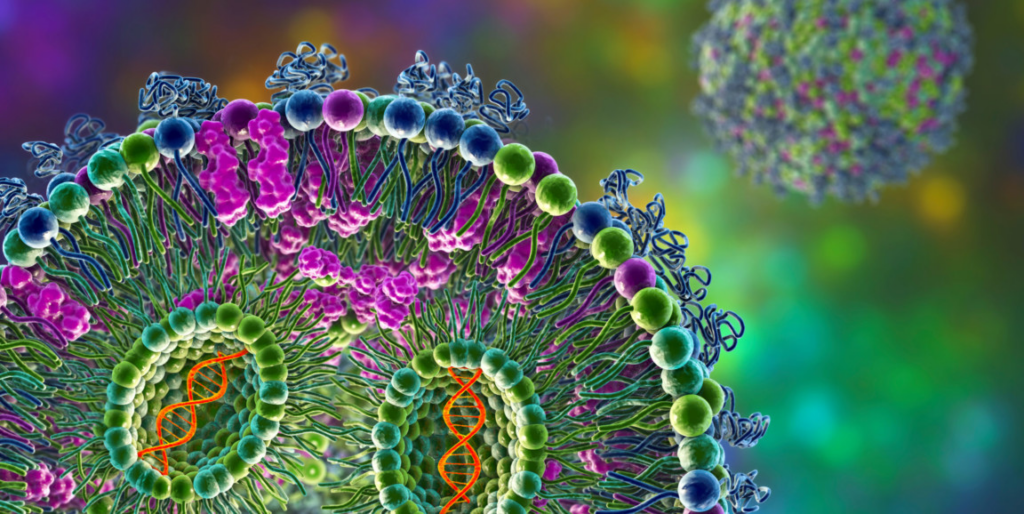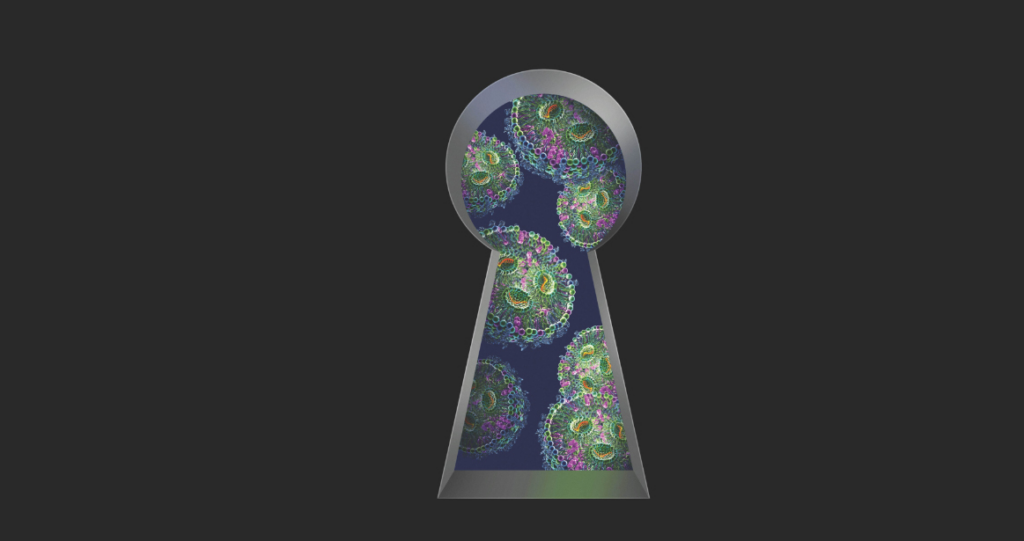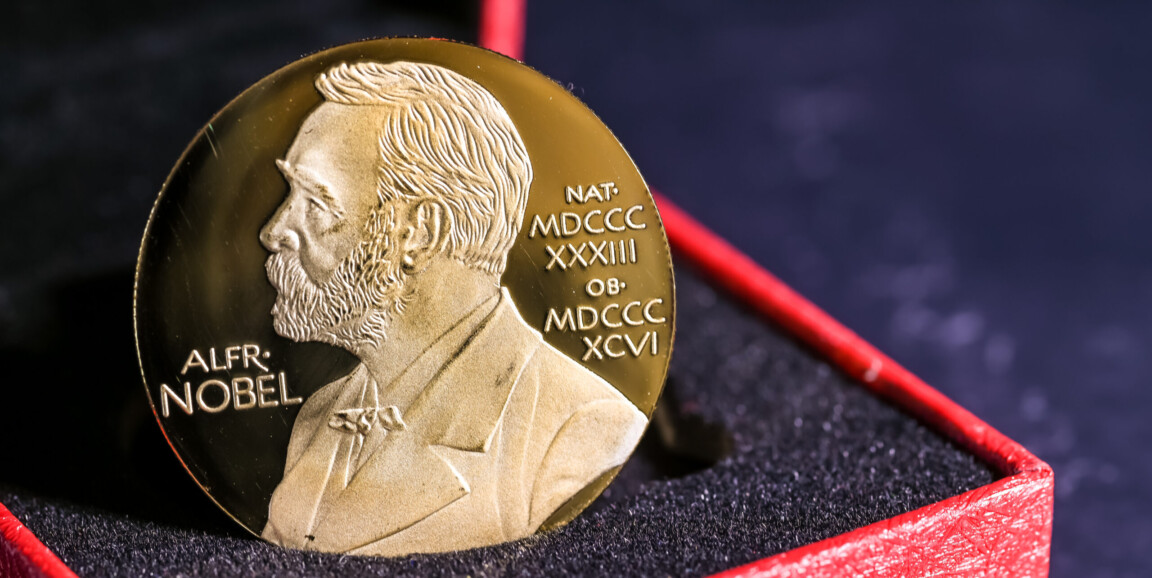After the rapid development and release of mRNA-based COVID-19 vaccines, which saved tens of millions of lives around the world, it's no wonder the scientists whose discoveries led to the vaccine have been awarded the 2023 Nobel Prize in physiology or medicine. Here we revisit some research highlights and expert perspectives that illuminate the power of mRNA-based medicine.

Special delivery - an mRNA explainer: After the success of the COVID-19 mRNA vaccines, more mRNA-based medicines are in the works, with improved delivery technologies.
.
.

Special delivery 2.0: CARTs: Researchers at Stanford, including chemistry professors Bob Waymouth, PhD, and Paul Wender, PhD, are devising new ways to deliver mRNA to the body to facilitate more potent and accurate treatments and vaccines.
.

mRNA medicines: Looking back, and a look forward: Stanford Medicine expert Bali Pulendran, PhD, professor of pathology and of microbiology and immunology, discusses the past successes and future potential of mRNA as a new type of medicine or treatment.
.

Special delivery: mRNA moves past COVID-19: Stanford Medicine experts discuss the development of the mRNA technology behind the COVID-19 vaccines and how it created a platform to create other mRNA-based medicines.
.
.

mRNA vaccine beats infection for key defense against COVID-19, Stanford Medicine scientists find: Stanford Medicine researchers have shown that prior SARS-CoV-2 infection reduces killer T cells' response to vaccination. These cells are crucial for eliminating the virus from the body.
.

COVID-19 vaccines reduce hospitalization, death in people with prior infection, study finds: Two-dose COVID-19 vaccines significantly increase protection against hospitalization and death in people who had the illness before they were immunized.
.

COVID-19 vaccination may protect against variants better than natural infection, study finds: COVID-19 vaccines are better than infection at making antibodies to recognize new viral variants, according to a Stanford study.
.

COVID-19 vaccine effective in people with cancer, study finds: The Moderna and Pfizer BioNTech vaccines prevented COVID-19 infection in cancer patients, particularly in those whose treatment concluded more than six months before vaccination, say researchers at Stanford, Harvard and the VA.
.

Stanford Medicine joins COVID-19 vaccine trials for children under 12: Stanford Medicine is a test site for Pfizer's nationwide trial of a COVID-19 vaccine in children younger than 12.
Photo by Jeanluc






